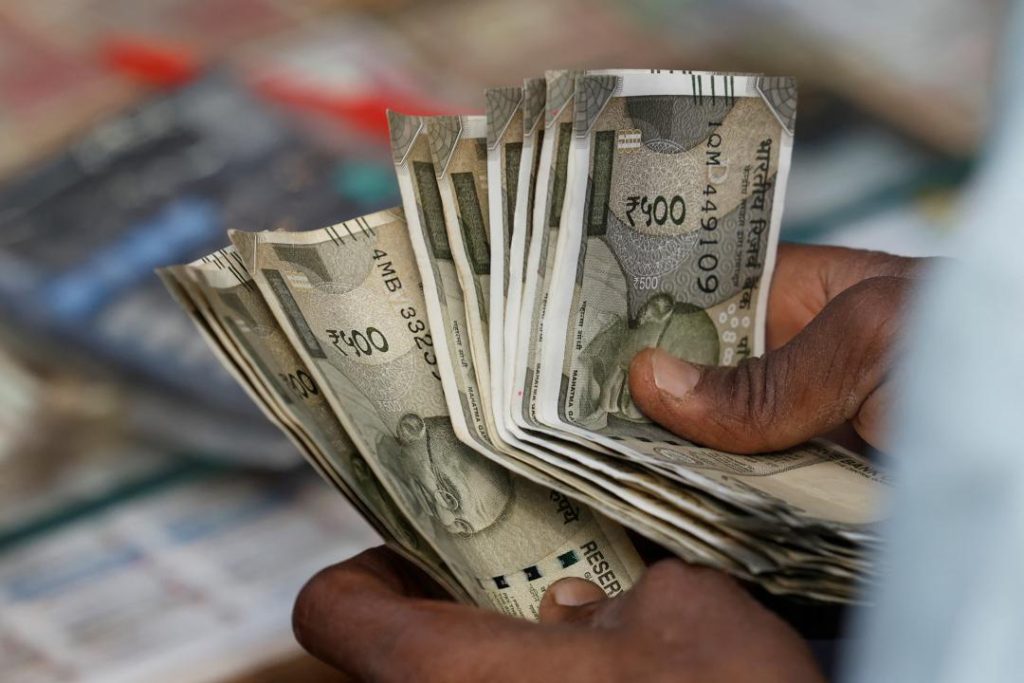
What got cheaper & costlier in March as CPI falls to 67-month-low of 3.34%?
According to the latest data released by the government, India’s retail inflation, or Consumer Price Index (CPI), has fallen to a 67-month-low of 3.34% in March. This significant decline in inflation rate is a welcome respite for consumers, who have been grappling with rising prices in recent times. But what does this mean for the prices of various goods and services? In this blog post, we’ll take a closer look at what got cheaper and costlier in March, based on the latest data.
What got cheaper:
Eggs, vegetables, and pulses were among the items that saw considerable declines in prices in March. According to the data, the prices of eggs fell by 4.2%, while vegetables and pulses saw declines of 3.2% and 2.5%, respectively. These declines are likely to bring some relief to consumers, who have been struggling with the rising prices of these essential items.
Spices, meat, fish, housing, recreation, and amusement also saw marginal declines in prices, with the prices of spices falling by 0.5%, meat and fish by 0.3%, housing by 0.2%, and recreation and amusement by 0.1%. These declines are a welcome respite for consumers, who have been bearing the brunt of rising prices in recent times.
What got costlier:
On the other hand, fruit prices saw a significant jump in March, with prices rising by 7.4%. This increase is likely to be a concern for consumers, who are already struggling with the rising costs of living.
Cereals, milk, oil, sugar, confectionery, clothing, snacks, sweets, pan, tobacco, footwear, fuel, and health and education also saw marginal rises in prices, with the prices of cereals rising by 0.2%, milk by 0.1%, oil by 0.2%, sugar by 0.3%, confectionery by 0.1%, clothing by 0.2%, snacks by 0.3%, sweets by 0.2%, pan by 0.1%, tobacco by 0.2%, footwear by 0.1%, fuel by 0.3%, health and education by 0.1%. These increases are likely to be a concern for consumers, who are already struggling with the rising costs of living.
What does it mean for consumers:
The decline in retail inflation to a 67-month-low of 3.34% is a welcome respite for consumers, who have been struggling with rising prices in recent times. The decline in prices of essential items such as eggs, vegetables, and pulses is likely to bring some relief to consumers, who have been bearing the brunt of rising prices.
However, the significant jump in fruit prices is a concern, and consumers may need to tighten their belts to cope with the increasing costs of living. The marginal increases in prices of other essential items such as cereals, milk, oil, sugar, and fuel are also likely to be a concern for consumers.
Conclusion:
In conclusion, the decline in retail inflation to a 67-month-low of 3.34% is a welcome respite for consumers, who have been struggling with rising prices in recent times. While the decline in prices of essential items such as eggs, vegetables, and pulses is likely to bring some relief to consumers, the significant jump in fruit prices and marginal increases in prices of other essential items are a concern. As we move forward, it will be important for policymakers to ensure that prices remain stable and affordable for consumers.
Source:






